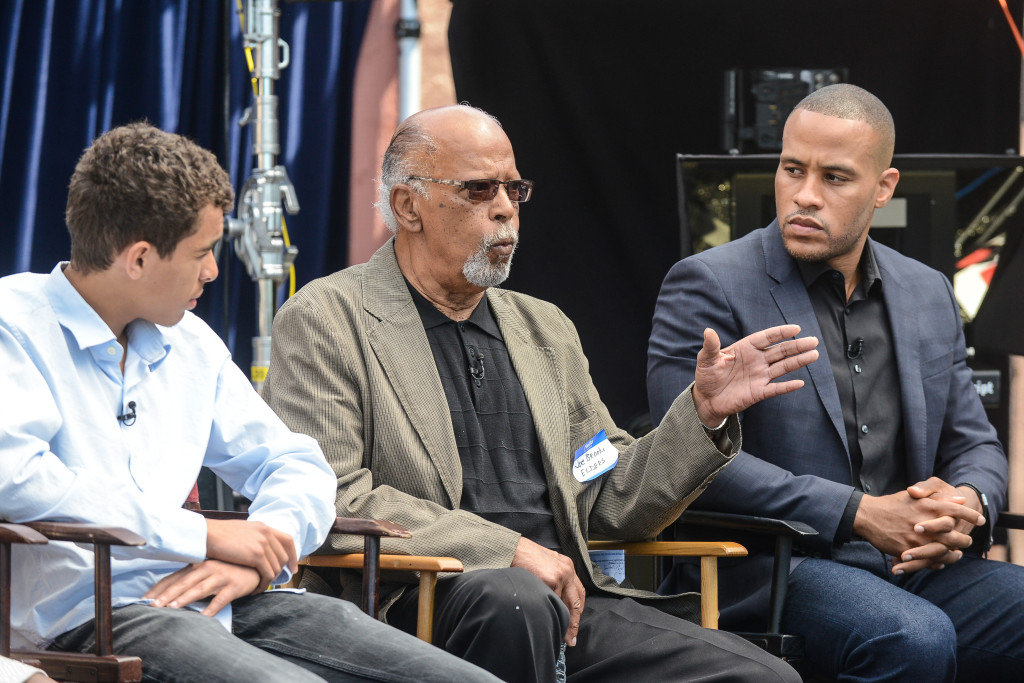Hidden Geniuses Say, “Yes We Code”
Jul 25, 2015

By Rasheed Shabazz
As a young child, Muhammad Abdulla worked as a farmer, planting seeds in Yemen. The work was difficult, but he knew it would define his future.
Upon returning to Oakland, where he was born a decade earlier, he believed the possibilities were endless.
“Anything is possible, if you put in work,” Abdulla said at the recent “Growing Hope in Oakland” town hall, organized by #YesWeCode on June 19 at the David Glover Education and Technology Center.
The 17-year-old coder is one of 20 youth participating in the coding pilot project by Oakland-based Hidden Genius Project.
#YesWeCode is bringing together various groups across the country with the goal of training 100,000 low-opportunity youth to become computer programmers.
The program began with an intergenerational dialogue focused on ways to make tech more diverse and inclusive. With Oakland being just miles away from Silicon Valley, it often seems like a world away.
Joe Brooks, a member of the Brotherhood of Elders Network, said new opportunities for financial independence and Black empowerment do exist in the tech field. While his generation focused on anti-poverty and other social services, the need now is for economic development, especially with people of color slated to be the national majority by 2040.
“We tried to get services, to service our way out of poverty,” Brooks said. He added that the changing technology means both a lot of uncertainty, yet opportunities still exist.
Oakland native, preacher and Hollywood producer DeVon Franklin emphasized the importance of networking and building relationships. As a teen, he quit playing basketball to take a job with OCCUR, the organization which runs the David Glover Education and Technology Center.
As a student at USC, Franklin connected with an old college roommate of David Glover, the late director of OCCUR, who was a screenwriter. This connection led to an internship and a decade-long relationship with actor Will Smith. Franklin started his own production company, Franklin Entertainment, in 2014.
Too often Black entrepreneurs lack funding and other resources, said Monique Woodard who started “Black Founders,” a start-up dedicated to helping Black entrepreneurs get funding. She added that Black culture is popular in tech, though the Black cultural architects are excluded.
“Tech loves Black culture, but there are few of us in tech,” Woodard said. When Black entrepreneurs can successfully create viable products, get clients or users, gain funding and grow, and sell their businesses, they could then reinvest in other entrepreneurs, she said.
The panel continued with a life broadcast of MSNBC’s show, “The Cycle,” hosted by Touré.
The town hall was a part of the partnership between #YesWeCode, Hidden Genius Project, the David Glover Education and Technology Center and the Brotherhood of Elders Network, an intergenerational network of Black men focused on helping Black boys and men thrive.